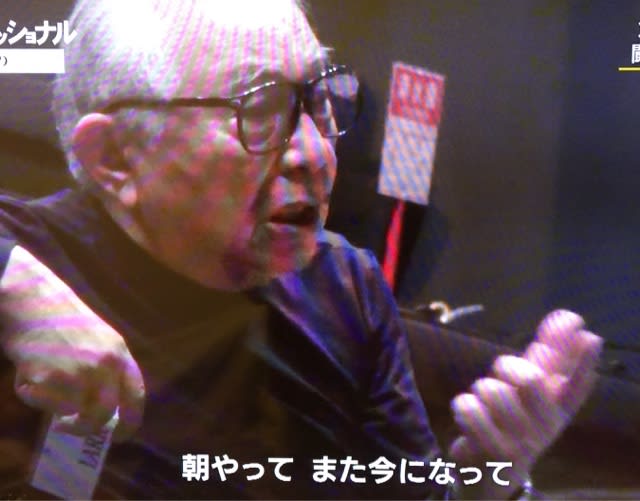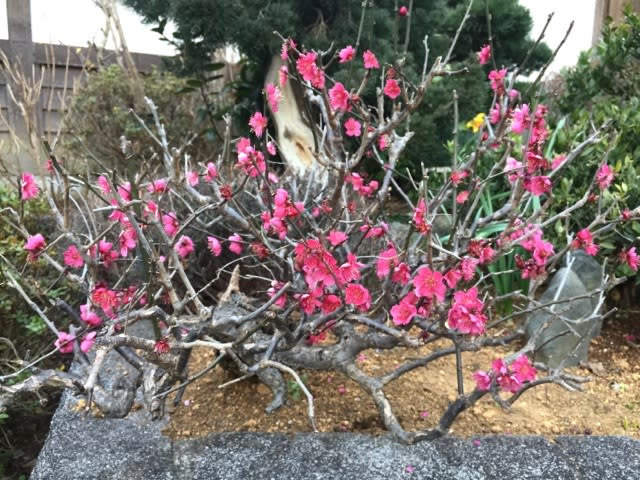【266ページ】《資本論》~。一人の資本家が存在するためには多くの資本家が虐殺されるのである。この集中、もしくは少数の資本家による多数の資本家の財産収奪と並行して、労働プロセスにおける協同作業の形態が、たえず進んだ段階へと発展していく。同時にまた科学が意識的に技術へと応用されるようになり、地下資源が計画的に掘り出され、労働手段が協同でのみ利用~。
巨大資本家はこうしてその数を減らしながら、この変容過程がもたらすいっさいの利益を奪い取り、独占していくのだが、それとともに巨大な貧困が、抑圧が、そして隷従と堕落と搾取が激しくなる。だがまた、資本制生産過程のメ力ニズムを通じて訓練され、統合され、組織化され、増加する一方の労働者階級の憤激も激しくなる。資本の独占は、それとともに、今度はまたその下で花盛りとなった生産様式そのものを束縛しはじめる。生産手段の集中は、そして労働の社会化は、ついにその資本制的な被膜(ひまく)と合わなくなるところまでくる。そしてこの被膜は吹き飛ばされる。資本制的私的所有の終わりを告げる鐘が鳴る。収奪者たちの私有財産が剥奪される。
【267ページ】つまり昔は小さい会社がいっぱいあったわけだ。小さい資本家も大勢いた。でも競争していくうちに、つぶれる会社が出てくる。そうするとつぶれた会社の財産や何かを全部丸ごと他の会社がそれを引き受けちゃったりするよね。それが少数の資本家による多数の資本家の財産収奪です。
あるいは最近でいうと、M&Aだね。企業の吸収合併で、企業同士が合併したり、大きな会社が他の会社を吸収してしまったりっていうことが起きている。
[ken] 今回は、「資本論」の記述から、資本家同士のつぶし合いと労働者階級の形成について紹介されています。流行りの用語では「M&A」になるのでしょうが、その背後で泣きをみる経営者が山ほど存在しているのですね。今も昔も変わらない資本主義のメカニズム(資本家同士のつぶし合い)が機能すると同時に、一方では期待を込めて「訓練され、統合され、組織化された」労働者階級も育つというわけです。1867年に「資本論」は発刊され、1918年のロシア革命は別にしてですが、2017年現在「資本制的私的所有の終わりを告げる鐘が鳴る」までには至っていません。そして、私有財産を廃止し国有化しただけでは、労働者の世界にならないことがソビエト連邦崩壊(1991年)の教訓ですね。(つづく)
[page 266] "Capitalism" -. For one capitalist to exist, many capitalists are slaughtered. In parallel with this concentration, or the expropriation of the property of many capitalists by a few capitalists, the cooperative form of the labor process develops into an ever more advanced stage. At the same time, science is consciously applied to technology, underground resources are systematically mined, and the means of labor are used only cooperatively.
The giant capitalists thus seize and monopolize all the benefits of this process of transformation, while reducing their numbers, and with it, the enormous poverty, oppression, subjugation, degradation, and exploitation. But it also intensifies the resentment of the working class, which is being trained, consolidated, organized, and increased through the mechanism of the capitalist production process. The monopoly of capital, in turn, begins to constrain the very mode of production that has flourished under it. The concentration of the means of production and the socialization of labor finally reach a point where they are no longer compatible with their capitalist covering. This membrane is blown away. The bell rings, signaling the end of capitalist private ownership. The private property of the dispossessed is stripped away.
[page 267] So there used to be lots of small companies. There were many small capitalists. But as they competed with each other, some companies would go under. Then other companies would take over the entire property of the collapsed company. That is the expropriation of the property of a large number of capitalists by a small number of capitalists.
Or, more recently, mergers and acquisitions. In mergers and acquisitions, companies merge with each other, or a large company absorbs another company.
[KEN] In this issue, we are introduced to the crushing of capitalists and the formation of the working class from the description of the "Theory of Capital". In the popular terminology, it would be "M&A," but there are plenty of managers who cry behind the scenes. The same capitalist mechanism (capitalists crushing each other) works now and then, but at the same time, a "trained, integrated, and organized" working class grows up on the other hand, with high expectations. 1867 saw the publication of "Capitalism" and, aside from the Russian Revolution of 1918, but as of 2017 it was not until "the bell rang that signaled the end of capitalist private ownership." And the lesson of the collapse of the Soviet Union (1991) is that simply abolishing and nationalizing private property does not make for a workers' world. (continued)
 ▶︎昨夜、NHKの「プロフェショナル/仕事の流儀」をみました。画面では、とにかく喫煙シーンもしくはたばこの箱、パイプがたくさん登場していました。
▶︎昨夜、NHKの「プロフェショナル/仕事の流儀」をみました。画面では、とにかく喫煙シーンもしくはたばこの箱、パイプがたくさん登場していました。
 ▶︎散歩する場面では、木を見ながら「人生を見るのと同じ」と述べていたことが印象的でした。
▶︎散歩する場面では、木を見ながら「人生を見るのと同じ」と述べていたことが印象的でした。 ▶︎シガレット(残念ながら外国たばこの「LARk」)もしくはパイプを手放さないで執筆と演出に立ち向かう昭和10年生まれの倉本聰さん、なのでした。
▶︎シガレット(残念ながら外国たばこの「LARk」)もしくはパイプを手放さないで執筆と演出に立ち向かう昭和10年生まれの倉本聰さん、なのでした。

 ▶︎常照寺と弘明寺では、梅や水仙が咲いていました。立派な桜も数多く、桜の季節には昼夜を問わず桜が満喫出来そうです。
▶︎常照寺と弘明寺では、梅や水仙が咲いていました。立派な桜も数多く、桜の季節には昼夜を問わず桜が満喫出来そうです。 ▶︎大岡川の桜並木は、開花を前にして倒木の恐れのある古木が切り倒されていました。大半の桜は50年ほどで寿命を迎えるそうですね。
▶︎大岡川の桜並木は、開花を前にして倒木の恐れのある古木が切り倒されていました。大半の桜は50年ほどで寿命を迎えるそうですね。 ▶︎大岡川に枝を伸ばし、右回りに捻れている桜の大木は、どんな開花を見せてくれのか、とてもとても楽しみです。満開の桜、その中をカモメが川面を舞い飛び、カモ、ハト、カワウが飛び交う景色を想像すると、心がワクワクしてきますね。
▶︎大岡川に枝を伸ばし、右回りに捻れている桜の大木は、どんな開花を見せてくれのか、とてもとても楽しみです。満開の桜、その中をカモメが川面を舞い飛び、カモ、ハト、カワウが飛び交う景色を想像すると、心がワクワクしてきますね。



